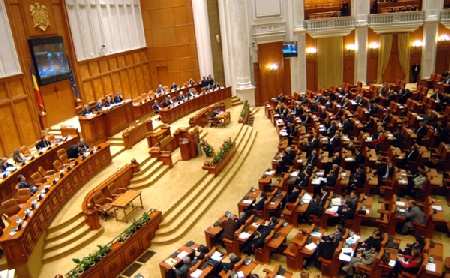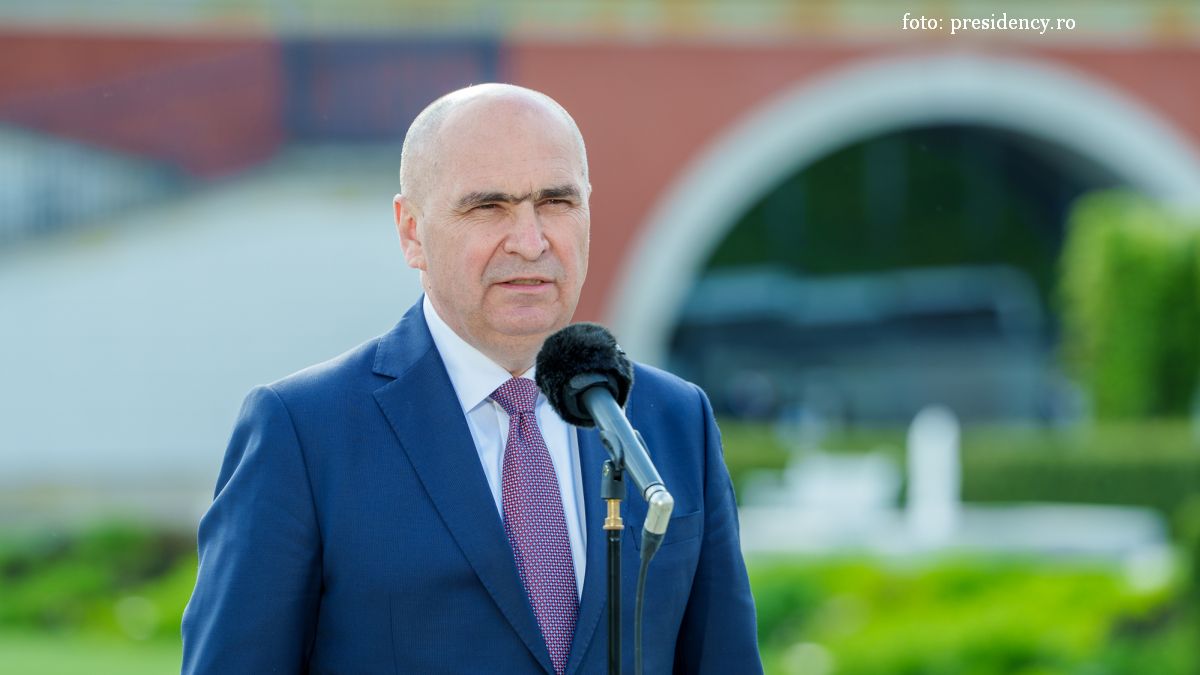New Responsibilities for a Larger Parliament
The Romanian Parliament starts its activity with a bigger number of seats.

Corina Cristea, 21.01.2013, 13:50
Romanian Senators and Deputies are starting their activity this week, after winning their MP seats at December the 9thlegislative elections. After a joint meeting of the standing bureaus of the two Chambers, meant to convene a special plenary session, Romanian Deputies and Senators will hold separate meetings to adopt their budgets. The issue has stirred heated debates and is now into the focus of public attention, as MPs should make major cuts in their expenses, not to exceed the amounts of money allocated to them in the 2013 draft budget.
The number of Romanian MPs has increased by over 100, as a result of electoral redistribution, but the Prime Minister Victor Ponta has announced the money earmarked for parliament will not exceed the total quantum, which means that each MP will receive smaller amounts of money. The officials are considering ways to reduce the MP’s expenses, such as halving the amount of money for accommodation, down to 900 Euros, and making the MPs pay for the maintenance of the official Parliament cars. The draft amendment to the MP status is due to be submitted to parliament for debate this week. Among the changes that could be brought to this status are clarifications regarding conflict of interests or an MP’s immunity.
According to the secretary of the Standing Bureau of the Chamber of Deputies, Eugen Nicolicea, the final decisions on an MP’s potential incompatibility status will no longer be made in the Senate or Chamber of Deputies, as the MPs’ term in office will cease to exist as a direct effect of the law. Nicolicea has stated that the new statute will provide, for the first time ever, for the sanctioning of those MPs involved in a case of conflict of interest, by forbidding them to take part in plenary sessions, for a maximum of 6 months. During this period of time, they will not receive daily allowances, will not have drivers or official-cars.
The revision of the Constitution, which is meant to regain the citizens’ confidence in the state institutions, the change of the electoral law, to bring it to a form meant to avoid situations like the existing one, when the number of MPs has increased significantly during the crisis, as well as dividing Romanian into economic regions are some of the focal points on the agenda of the new legislature.
Deputy prime minister Liviu Dragnea, who is also holding the development portfolio has recently said that Romania will not be divided into regions based on ethnic but on economic development criteria; the ultimate goal of this process of setting up administrative regions is to reduce development gaps between various areas of the country. The project is to be completed by the end of the year and provides for diving Romania into eight regions.






























